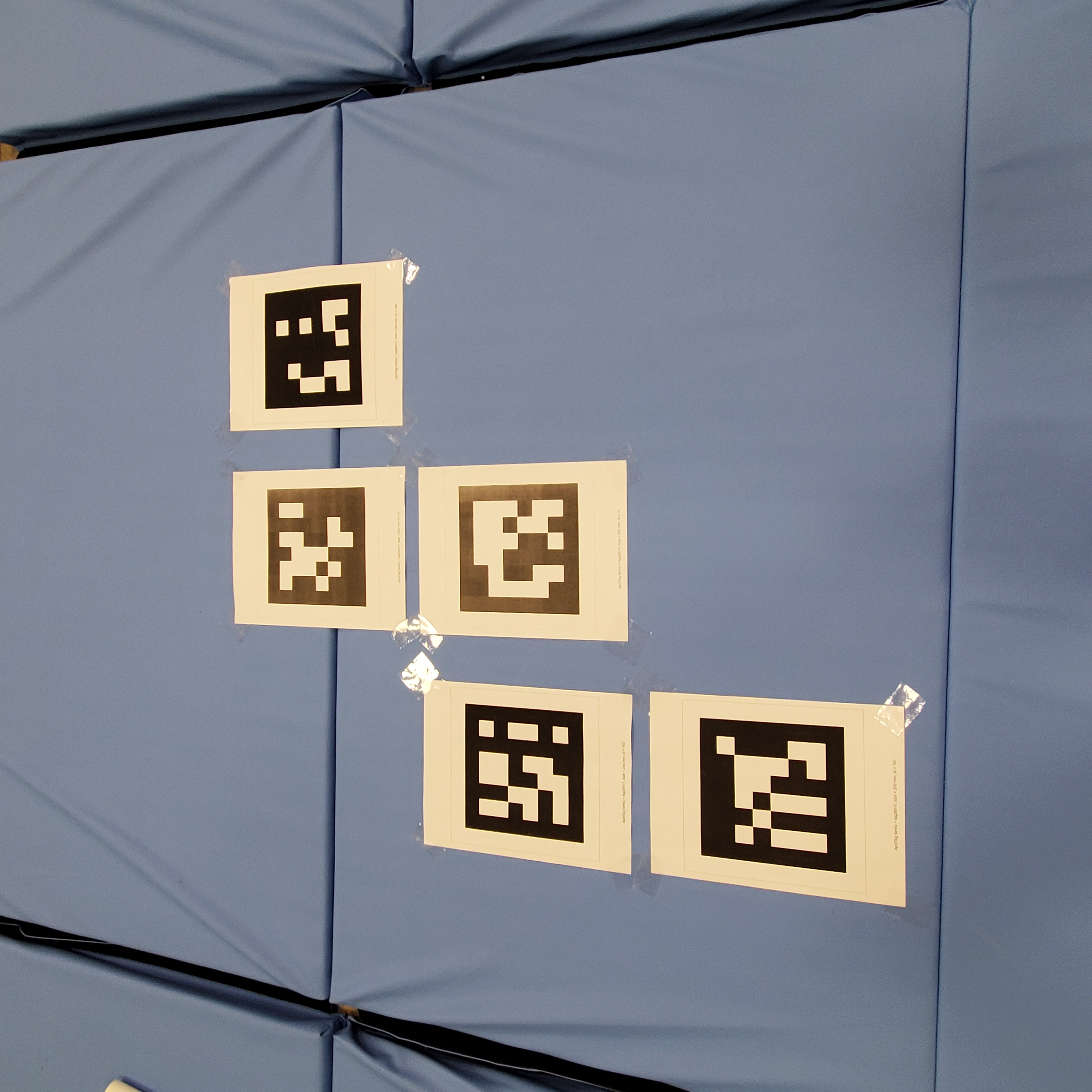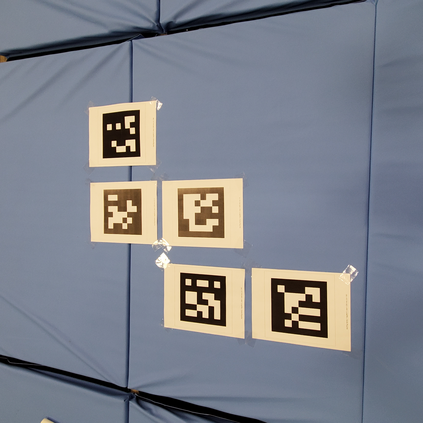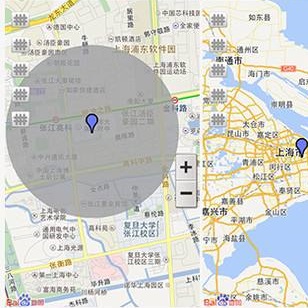This paper presents a comparative study of three modes for mobile robot localization based on visual SLAM using fiducial markers (i.e., square-shaped artificial landmarks with a black-and-white grid pattern): SLAM, SLAM with a prior map, and localization with a prior map. The reason for comparing the SLAM-based approaches leveraging fiducial markers is because previous work has shown their superior performance over feature-only methods, with less computational burden compared to methods that use both feature and marker detection without compromising the localization performance. The evaluation is conducted using indoor image sequences captured with a hand-held camera containing multiple fiducial markers in the environment. The performance metrics include absolute trajectory error and runtime for the optimization process per frame. In particular, for the last two modes (SLAM and localization with a prior map), we evaluate their performances by perturbing the quality of prior map to study the extent to which each mode is tolerant to such perturbations. Hardware experiments show consistent trajectory error levels across the three modes, with the localization mode exhibiting the shortest runtime among them. Yet, with map perturbations, SLAM with a prior map maintains performance, while localization mode degrades in both aspects.
翻译:暂无翻译






